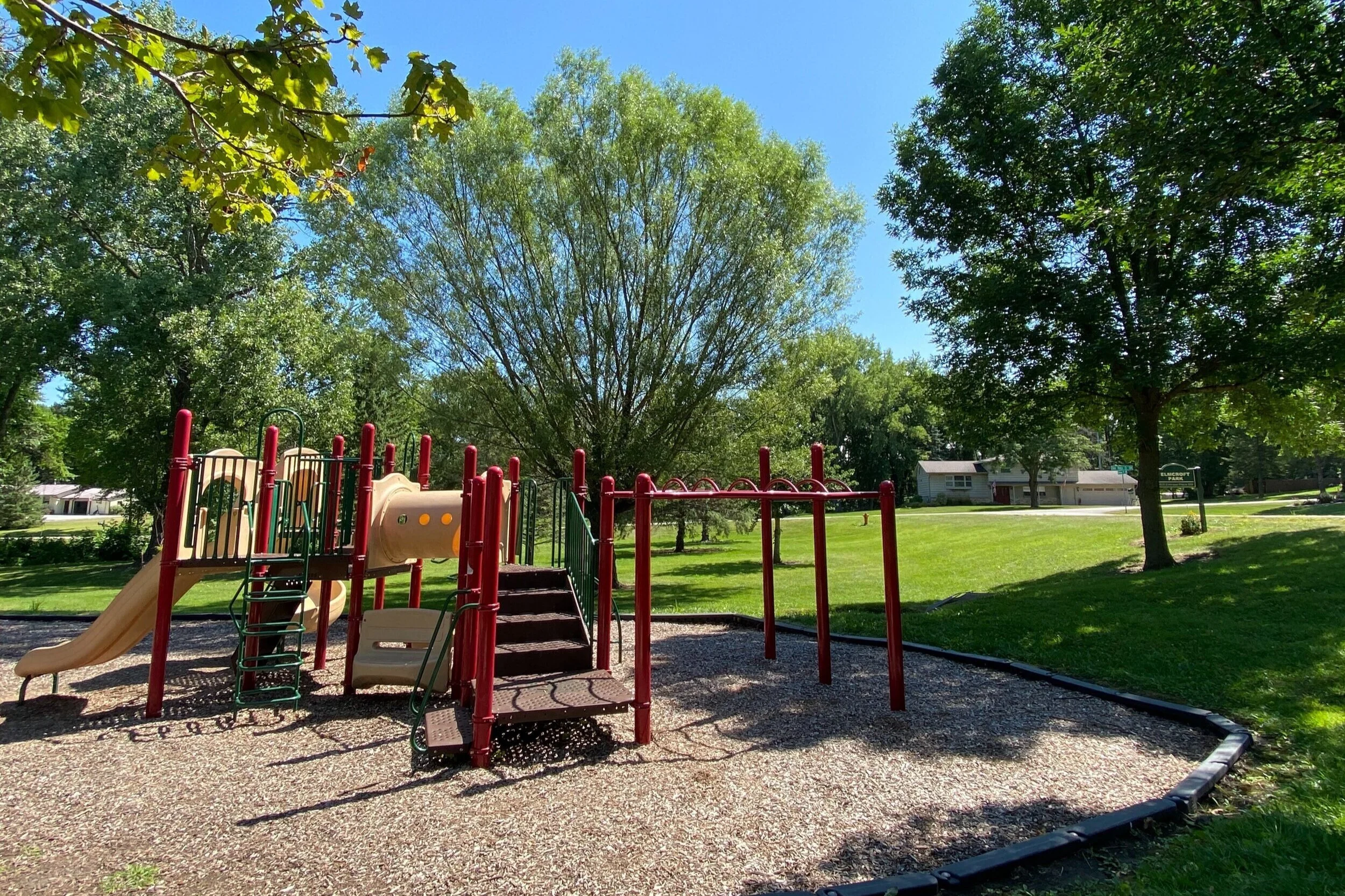Council supports Civic Theatre's next act, RPU grants, and limits on cul-de-sacs
The Rochester Civic Theatre will be on new terms with the city by next month, after the City Council on Monday approved recommendations from the Outside Agency Oversight Committee calling for a ‘one-roof’ model for the space adjoining the Mayo Civic Center.
The council action, approved 7-0, comes months after the committee unearthed massive financial misdeeds under the leadership of Kevin Miller, who resigned from his post in January. Since then, the theater’s senior leadership has nearly completely turned over, including the hiring of Misha Johnson to fill Miller’s shoes as executive director.
Within the next month, the city and the theater will negotiate a new agreement — one that allows other theater companies and creative outlets more leeway to utilize the space.
“What we should be getting back is an agreement that allows them to have enough creative usage to meet the needs of their organization, but it’s also a community asset that can be used for other things as well,” said Council Member Michael Wojcik, who sat on the oversight committee.
Utility assistance
Some small businesses in Rochester will get an extra boost from Rochester Public Utilities in the coming weeks, as the council approved sending $500,000 in CARES Act funding to RPU as part of a utility assistance program, available for Minnesota-based small businesses in Rochester affected by Covid-19.
The program will cost $500,000 — half of the $1 million earmarked for economic assistance by the council in its last meeting. To qualify, businesses must be based in the state of Minnesota and ‘demonstrate financial hardship’ because of Covid-19. Recipients will have up to half of their utility bill forgiven (or $5,000 — whichever is less).
The first $250,000 will be given out as businesses apply for grants (first-come, first-serve). The other $250,000 will be given out on or after October 16 to allow more businesses a shot at receiving funds, according to Peter Hogan, RPU’s director of corporate services.
“The role there is to serve as many people as we can, and then if we do have funds come after October 16, to pay the second half of the proposed awards based on 50 percent of their utility bills,” said Hogan.
The council passed the recommendation 7-0, with council members noting the speed at which the program could be implemented. (RPU says it is ready to start the program this week.)
“I think this is a good way for us to act quickly, and there does seem to be some good protections in place to make sure we don’t run out of money too fast,” said council member Patrick Keane. “I hope we can pass this very quickly.”
Council President Randy Staver called the allotment ‘a drop in the bucket,’ and added that he believes the money will go fast. Later in the discussion, Mayor Kim Norton expressed her desire to get the word out to all Rochester businesses - before well-connected owners snap up all the funding.
“While we are going to do some programs that will go quick, I want to make sure that ‘quick’ doesn’t just mean ‘only people in the know,’” said Norton.
$100,000 — one-fifth of the program’s total cost — will go into a pool of money set aside to benefit women and minority-owned businesses in the area. Assistant City Administrator Aaron Parrish said the city would work with the Diversity Council, among other organizations, to provide outreach and spread awareness of the program in Rochester’s minority communities.
As part of the same 7-0 decision, an additional $250,000 will go to Rochester’s Keep it Local grant program, which gave out $100,000 in grant funding in May. $250,000 of the original $1 million ‘economic assistance’ allocation is still unspoken for.
Have cul-de-sacs reached a dead-end?
The council was more divided over the issue of cul-de-sacs, with council members going back and forth on the viability of implementing a ‘connectivity index’ for new developments in the city - limiting the presence of cul-de-sacs considerably.
The measure passed the council 5-2, with council members Palmer and Staver voting nay over concerns about eliminating dead end streets.
“The underlying logic for a connectivity index, I don’t really have an issue with that,” said Staver. “I do have an issue with how this seems to be targeting dead end streets and cul-de-sacs. I think there’s still some outstanding questions out there.. I’ve heard cul-de-sacs are more expensive to maintain. I’m not so sure about that.”
The prevailing mindset on the mindset, however, was more similar to that of Council Member Nick Campion, who saw the ordinance as a smaller first step towards greater connectivity.
“There will be councils for a generation that will have to figure out the next phase of this,” said Campion. “People seem to be against an overarching policy on cul de sacs. That doesn’t seem to be happening. It sounds like we’re leading into this a lot more than what it is.”
The ordinance still has to go through a second hearing at a later meeting before it can be adopted. If adopted, all new developments will be subjected to pass a certain threshold on the community index (number of streets divided by number of intersections).
The tentative deadline for a new agreement is September 2, although Wojcik noted the possibility of extending the deadline another month.
Also on Monday: In a unanimous vote, the Rochester City Council decided to give residents the final say on a proposed $2 million annual tax levy, designed to give Rochester Parks and Recreation added funding.
Isaac Jahns is a Rochester native and a 2019 graduate of the Missouri School of Journalism. He reports on politics, business and music for Med City Beat








